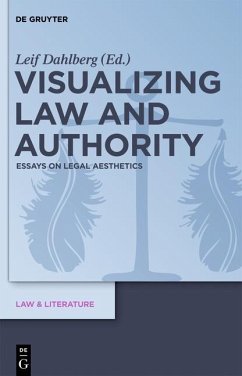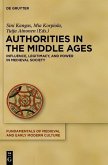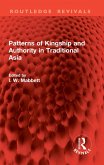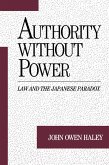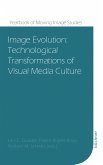The volume "Visualizing Law and Authority. Essays on Legal Aesthetics" brings together revised papers from the international conference "Law and the Image", held in Stockholm, 24-25 September, 2010. The participants/contributors belong to the disciplines of Art history, Cultural studies, Literary and Media studies, and Law. The contributions discuss the complex relations between law, media and visual phenomena. The common theme of the essays consists in an examination of the scopic field and of regimes of visibility in phenomenological terms, arguing that law constitutes a cognitive and aesthetic field of normative world-making. Rather than merely inverting Shelley's dictum that the "poets are the unacknowledged legislators of the world", the essays argue in different ways for the necessity to develop a legal aesthetics.
The most immediate way of pursuing such a legal aesthetics consists in examining law itself as an aesthetic object, for instance the power of law to produce icons, in the sense of unreadable texts or textiles (Martin Kayman, Gary Watt). Several essays focus on the way that visual art and media can be used to constitute and represent political power, but also to question it and to put it into question (Chiara Battisti, Leif Dahlberg, Elina Druker, Sidia Fiorato, Paul Raffield). Other essays investigate legal structures inherent in the artwork (and the artworld) itself (Ari Hirvonen, Max Liljefors, Christine Poggi, Karen-Margrethe Simonsen). Finally, there are two essays focusing on the use of images and imagery in the legal process, explicity arguing for the need of a legal aesthetics (Daniela Carpi, Richard Sherwin). Although diverse, the individual essays are interconnected with each other in fruitful and critical ways, making both explicit and implict references to each other.
Dieser Download kann aus rechtlichen Gründen nur mit Rechnungsadresse in A, B, BG, CY, CZ, D, DK, EW, E, FIN, F, GR, HR, H, IRL, I, LT, L, LR, M, NL, PL, P, R, S, SLO, SK ausgeliefert werden.

